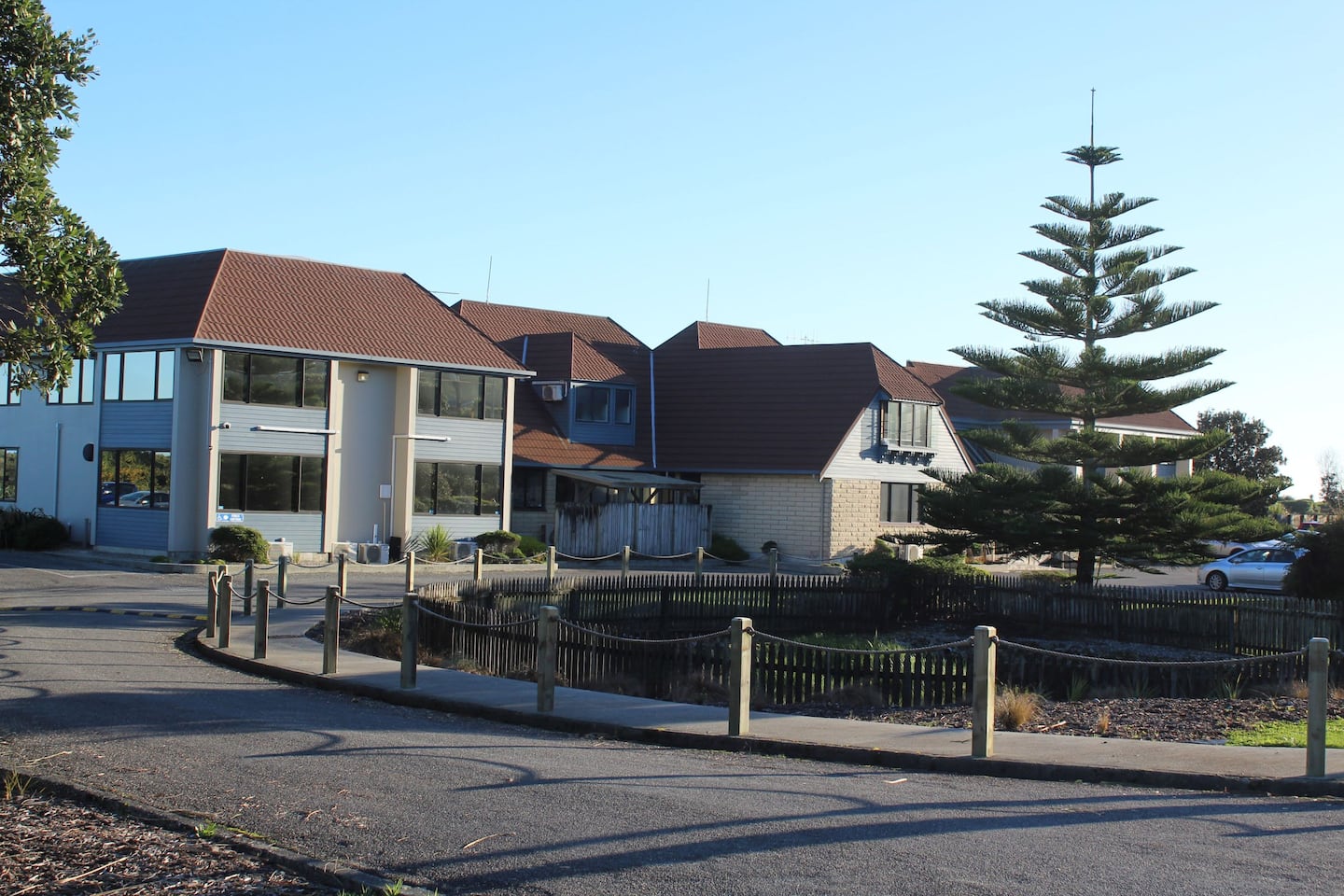Ngāti Waewae leader Francois Tumahai has rejected claims that a revamped iwi agreement with the West Coast Regional Council gives Māori too much say in planning and resource consents.
The WCRC has reworded more than 20 clauses in its Mana Whakahono a Rohe partnership document with Poutini Ngai Tahu, mainly to clarify how it will work in practice.
Former chair Allan Birchfield, who signed the original document in 2020, has strongly criticised the new version, saying it puts iwi on the same governance level as the council.
“I am voting against (the amendments) because they will give iwi full control of the Council’s consenting and compliance role under the RMA,” he told Tuesday’s council meeting.
Tumahai, one of two iwi reps on the council, says Mr Birchfield is deluded.
“He’s had it explained to him, but he won’t listen. Every other councillor has supported the changes but he has his world view, and he won’t change it,” the Ngāti Waewae chair told LDR.
The agreement spells out how staff will involve manawhenua in resource consenting – an RMA requirement.
“The council will treat Poutini Ngāi Tahu as an affected party for all applications … where there is potential for adverse cultural effects, unless it is demonstrated otherwise,” an expanded clause says.
Council staff would decide if adverse effects were likely by talking to the environmental agencies of the region’s two Rūnanga, Poutini Ngai Tahu partnership manager Ashley Stuart said.
A new clause in the agreement says the council will also “strongly encourage” people applying for resource consents to talk to mana whenua themselves early on, through the iwi’s environmental consultancies.
Without a letter of approval from the iwi, the council will treat the consent as ‘limited notified’, adding potential costs and delays.
Ngāti Waewae’s environmental agency was already issuing at least one letter of approval a week to people checking in over resource consents, Tumahai said.
The council held back three of the amendments for further clarification, but endorsed the majority.
Birchfield was the sole objector, saying independent legal advice should have been provided before these were put to the council.
“These are major changes … they should be deferred and the community should also be consulted,” he said.
The former chair said he had signed the Mana Whakahono agreement in 2020 on the understanding it was a consultation document that would help to speed up and lower the cost of consenting, but this had turned out not to be the case.
“I did receive considerable criticism at the time and those critics have proven to be correct. This agreement is part of the reason why the council’s compliance and consent function is so costly and delayed.” Tumahai told LDR there were multiple factors causing the delays.
“It’s convenient to blame Māori - we’re kind of used to it - but I think with the changes the council is making we should see an improvement within a couple of months.”
Part of the problem was overly-complex consent forms, and the council’s use of North Island consultants who did not understand the West Coast context, Tumahai conceded.
The council had been swamped with applications for resource consents as the price of gold soared, and had to hire external planners to cope, he said.
“We had a workshop today on creating new templates with standard conditions for alluvial mining, and a schedule that walks you through how to apply - that should simplify it for everyone and speed things up.”
Birchfield - a veteran miner - did not attend the workshop, telling LDR later he needed to be at work to smelt some gold.
Tumahai said the clamour over consent delays was coming from a handful of miners who had not been successful with their applications.
“They’re not coming to grips with modern requirements and they are the ones making the noise.”
The revamped Mana Whakahono agreement also sets out priority areas for improvement in which the council and iwi will collaborate as Treaty partners.
They include planning for new sewerage infrastructure, and coastal retreat where buildings are at risk from erosion, flooding or sea level rise.
District Council and industry discharges into rivers or the sea are also seen as priorities for change, but over time.
“The discharge of wastewater into freshwater and coastal waters is an outdated solution from the last century which is culturally abhorrent to Poutini Ngai Tahu and is becoming unacceptable to others within communities,” the agreement declares.



